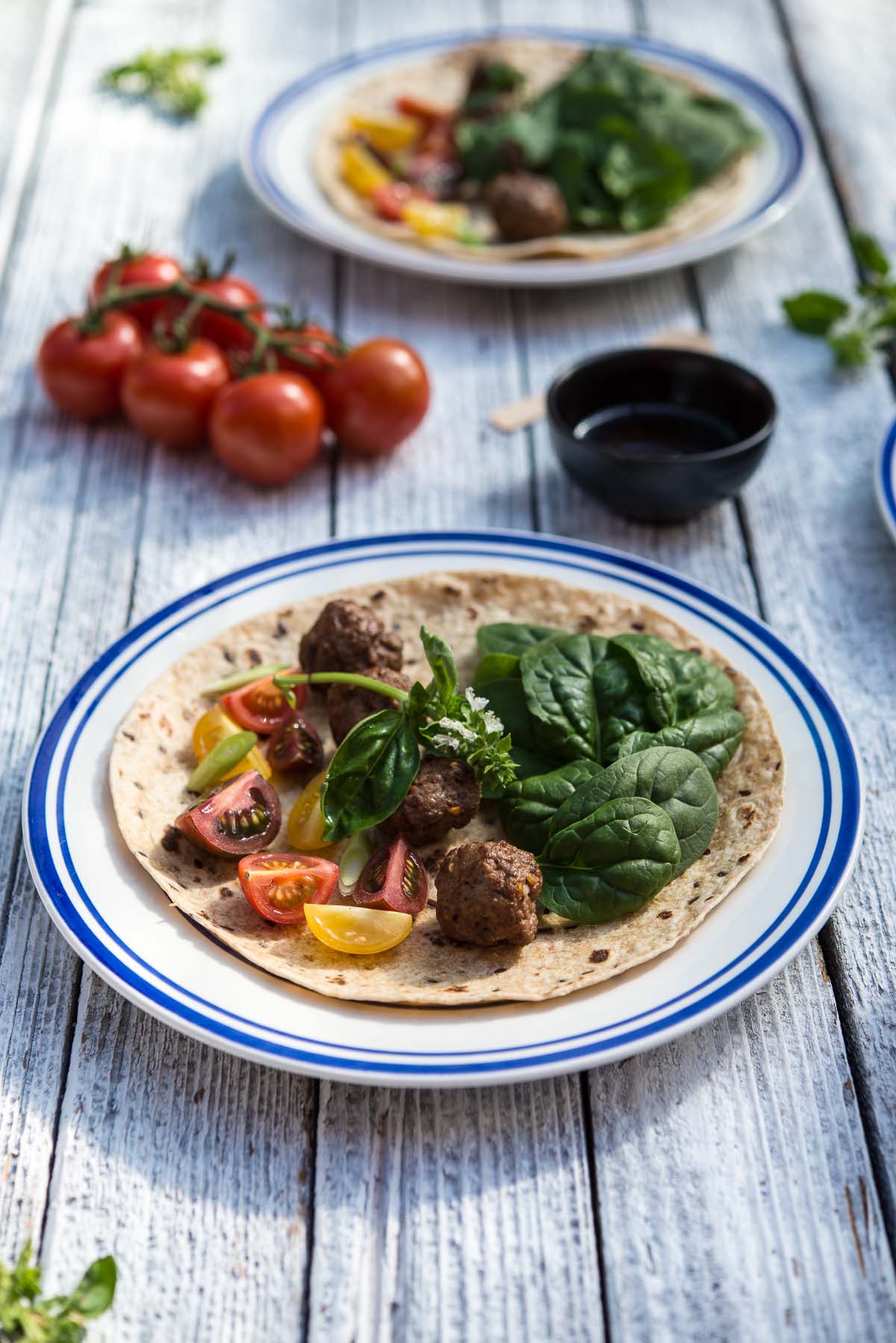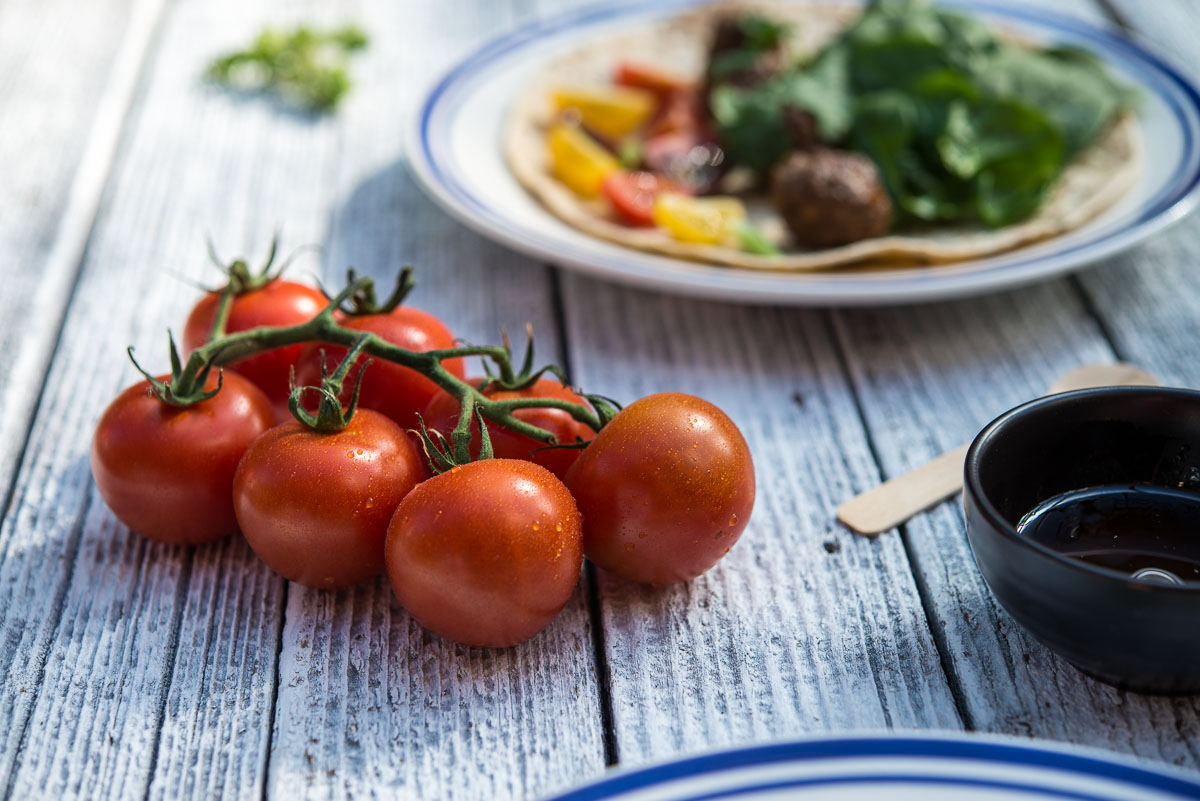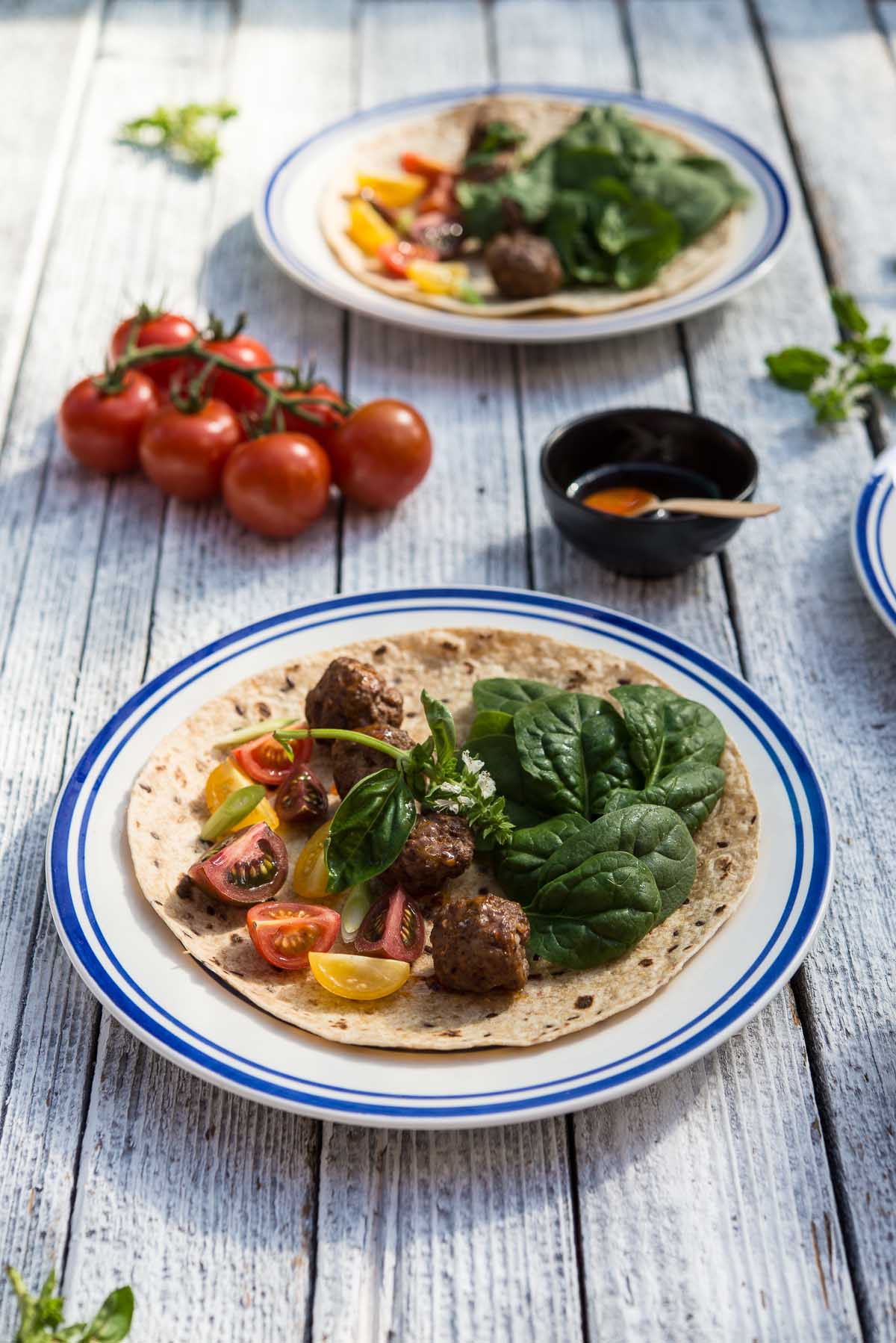


A few months ago I received an email from a blogger who wanted to know how she could improve her writing and photography. As you can imagine, it’s not a question that can be answered simply or quickly so I decided to do a series of posts on it: this post focuses on how to become a better writer. I’ve titled this post writing tips for bloggers but these tips are actually applicable no matter whether you’re writing blog posts, articles, short stories, novels, screenplays, or a memoir – ultimately it’s all about your ability to tell a story.
1) Read a lot
I don’t think you can become a good writer if you don’t like reading. Find authors or bloggers who make your pulse quicken and work your way through their back catalogue or archives. In terms of books I read very widely but I do love short stories and essays by authors like David Sedaris, Jeffrey Steingarten, Cynthia Heimal, W Somerset Maugham, Susan Townsend, BJ Novak, Dorothy Parker, and Truman Capote. I’ve also read hundreds of film and television scripts – reading screenplays will teach you about structure, setting the scene, the importance of visual storytelling and being economical with language.
2) Look for inspiration everywhere
A friend recently asked me what my creative approach to writing stories was. I had to stop and think about this because I don’t have a process, or if I do, it’s a highly disorganised one. Basically, an idea gets in my head and I have to puzzle it out in words. Or something happens and I think it would make a good story or blog post. An idea might be triggered by a conversation, an article, a funny coincidence, an unexpected windfall or a disaster. Look for inspiration and story ideas everywhere. If you can’t do anything with an idea right away note it down in a journal or draft post for those times when inspiration runs dry. According to Susan Townsend, someone once said, “Writing is easy. Just stare down at a blank piece of paper until your forehead bleeds.” Amen!
3) Write about what you are most passionate about
You can always tell if I’m really passionate about something or not. If it’s important to me, you’ll hear the enthusiasm in my writing and it’ll hopefully inspire and enthuse you, too. Conversely, if I’m writing about something I don’t really care about, you’ll finishing reading my story and feel unsatisfied. Because if I don’t care about it, why should you? So write about stuff that really matters to you. Write the stories that scare you because they make you feel uncomfortable or exposed. Push past your comfort zone and write the stories that make you feel a little weepy and sentimental. Write stuff that matters.
4) Celebrate your individualism
Don’t write the stories that anyone could have done; there are enough bland, boring and forgettable stories out there. Write the stories that only you could have written. Did you have a weird upbringing? Use that. Did you have a life-changing holiday experience? Write about it. Do you have an obscure hobby? Explain why you love it so much. It’s our quirks, eccentricities and individual journeys that make us unique: it’s your job as a writer to tease out all the useable material you have in your brain.
5) It’s what you leave out that’s as important as what you include
Not everything that happens would make a good story. Moreover, even if something would make a good story not everything that happened along the way is actually interesting. Be ruthless about only including things that serve the story and move it forward. I can’t stand writing that is like a verbal stream of consciousness, i.e. this happened and then this happened and then this happened. It’s lazy and it’s not interesting to read.
6) Edit your writing to the bone
I typically write a blog post and then I review and edit it 6-15 times before publishing it. I’m not kidding. A lot of effort goes into making my blog posts ‘simple and easy to read’, as my mother describes them. Even after I’ve published blog posts if I notice a clumsy phrase or something that could have been expressed better I’ll go back and change it. If you’re writing blog posts and then publishing them straight away you are not producing your best work because all early drafts can be improved. Tighten things up. Make the meaning clearer. Delete entire sections that don’t serve the story. I know you love everything you’ve written but you’ll only become a better writer once you’re prepared to kill your darlings.
7) Don’t use fancy words
Write as simply and succinctly as possible. If you can say what you mean with a one syllable word as opposed to a three syllable one then use the former. Writing is not about showing the reader how many big words you know or how clever you are – it’s about telling a story and provoking some kind of response from the reader.
8) Read books about writing
These are some of my favourite books about writing.
- On Writing by Stephen King
- Story by Robert McKee
- The 7 Basic Plots: Why We Tell Stories by Christopher Booker
- How I Got Published edited by Ray White and Duane Lindsay
- Will Write for Food by Dianne Jacob
- Adventures in the Screen Trade by William Goldman
- Which Lie Did I Tell by William Goldman
- The Opposite of Fate by Amy Tan
I also really like the post Thoughts on Writing by Elizabeth Gilbert.
Do you have any favourite books or posts about writing? Please share your suggestions below.



Spicy Lamb Wraps
With the colder Autumn weather I seem to have turned into a raging carb monster, my body demanding starchy fuel at increasingly frequent intervals. Enter these Spicy Lamb Wraps, a re-working of two previously blogged recipes, Xinjiang Lamb Skewers and Fiery Smashed Cucumber Salad, into a healthy, filling and lip-tingling wrap.
INGREDIENTS
- 500 grams minced lamb
- 2 cloves garlic, finely minced or grated
- 2 teaspoons cumin
- 1/2 teaspoon ginger
- 2-3 teaspoons chilli flakes
- 1-1.5 teaspoon Szechuan peppercorns, pounded fine in a mortar and pestle
- 1 generous teaspoon salt
- 4 wraps
- 500 grams assorted tomatoes
- 120 grams baby spinach leaves
- 3 tablespoons rice wine vinegar
- 1 teaspoon sesame oil
- 1 teaspoon chilli oil
- 3 spring onions, sliced, white part only
- Fresh coriander and/or basil to garnish
METHOD
- Mix lamb, garlic, cumin, ginger, chilli flakes, Szechuan peppercorns and salt in a large bowl until thoroughly combined.
- Using clean hands, roll into small balls (about 30) and place on plate. Refrigerate while you get on with making the salad bits.
- Wash tomatoes and quarter and rinse and spin dry spinach (if necessary).
- Make up dressing by mixing vinegar, sesame oil and chilli oil in a small bowl.
- Heat up a large fry pan and add a dash of oil. Fry meat balls in two batches until cooked through (6-8 minutes) stirring frequently to brown evenly.
- Remove to plate covered with kitchen paper to absorb excess fat.
- To assemble, place a wrap on a plate and top with spinach leaves, tomatoes, spring onions and meat balls and serve with chilli dressing for people to add themselves.
NOTES
- Serves 4 for lunch
- Using the lower amount of chilli/peppercorns will give you medium-hot meat balls while the higher amount will give you hot meat balls.
- If you are serving these to little ones or people who don’t like chilli you can make up a version with only garlic, cumin and salt to season.
- You could also make the meatballs by themselves to serve with drinks.
More posts about blogging
- How to blog about food: 8 tips for new, emerging and aspiring food bloggers
- Bloggers and brands: why we’re (mostly) doing it wrong
- The business of food styling, a Denise Vivaldo workshop and 12 tips for aspiring food stylists
- Tips from Eat Drink Blog 2: the Australian Food Bloggers Conference.
Subscribe to The Hungry Australian
Don’t want to miss a post? Sign up to receive new recipe and travel posts twice a week – it’s FREE!!
Now it’s over to you. Do you have any writing tips or book recommendations? Please share your suggestions below.







